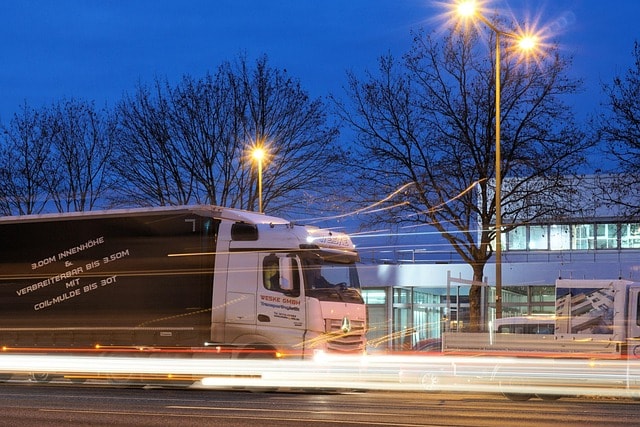Sep
Guyana South America: A Strategic Hub for Supply Chain Management and Logistics
Introduction to Guyana South America
Guyana, officially known as the Co-operative Republic of Guyana, is a unique country located on the northern coast of South America. With a significant land area bordered by Brazil to the south and southwest, Suriname to the east, and Venezuela to the west, Guyana occupies a strategic position in the region. Historically known as British Guiana under the British government, Guyana has evolved into a country with rich natural resources and a growing economy. The official language is English, which facilitates international business and trade. As a result, Guyana South America is becoming increasingly important in global supply chain management and logistics.

Historical Background and Geopolitical Context
Guyana’s colonial past as British Guiana has shaped much of its infrastructure and legal framework. The British government established foundational systems that continue to influence the country’s business logistics and supply chain operations. The country’s borders, especially with Venezuela, have been subject to disputes settled by international tribunals, underscoring the geopolitical complexities in the region. The Essequibo rivers and the southern Guyana area are rich in natural resources, contributing to the country’s economic potential. Understanding this historical and geopolitical context is essential for supply chain managers and logistics professionals operating in or with Guyana.
The Role of Supply Chain Management in Guyana
Supply chain management in Guyana South America is a critical aspect of the country’s business landscape. Logistics management here refers to the coordination of transportation, warehousing, inventory, and distribution centers to ensure that raw materials and finished goods reach their final destination efficiently and cost-effectively. Supply chain logisticians and qualified logisticians play a pivotal role in managing inventory, materials, and equipment to maintain a smooth flow of supplies. Companies operating in Guyana must develop strategies that optimize order processing and delivery to gain a competitive advantage in the regional market.

Key Components of Business Logistics in Guyana
Business logistics in Guyana encompasses several categories, including material handling, warehousing, transportation, and distribution. Storing raw materials and finished goods in strategically located distribution centers is essential for reducing costs and improving efficiency. Managing inventory effectively helps businesses avoid stockouts or excess supplies, which can impact the supply chain’s overall value. Logistics refers not only to the physical movement of packages and materials but also to the systems and processes that support these activities, such as inventory management systems and internet-based tracking tools. These components collectively enhance the country’s ability to serve both domestic and international customers.
Challenges and Opportunities in Supply Chain and Logistics
Despite its advantages, Guyana faces challenges in logistics management due to its geographic location and infrastructure limitations. Transportation in southern Guyana and the south-west regions can be difficult, impacting the timely delivery of goods. However, the abundance of natural resources offers significant opportunities for sustainable use and economic growth. A new trend in the country’s economy is the increasing investment in logistics infrastructure, such as modern distribution centers and improved transit routes. These developments are supported by government initiatives led by figures like Mark Phillips and the National Assembly, aiming to create a more cost-effective and efficient supply chain system.

Guyana’s Strategic Importance in South America
Guyana’s position in South America makes it a valuable transit point for supplies moving between Brazil, Suriname, Venezuela, and other countries. Its English-speaking population and adherence to international business standards attract companies looking to establish a regional brand presence. The country’s logistics services, including managing inventory, order processing, and material handling, are becoming more sophisticated, supported by advances in technology such as computers and internet systems. This progress enhances Guyana’s ability to handle complex supply chain operations and meet the demands of global markets.
Conclusion: The Future of Supply Chain Management in Guyana
In conclusion, Guyana South America is emerging as a key player in the field of supply chain management and logistics. Its rich natural resources, strategic location, and evolving infrastructure provide a solid foundation for businesses to thrive. By focusing on efficient logistics management, including warehousing, transportation, and inventory control, companies can achieve a competitive advantage in the region. As Guyana continues to develop its economy and logistics capabilities, it presents exciting opportunities for supply chain managers, logisticians, and businesses seeking to expand their reach in South America. The country’s commitment to sustainable use of resources and modern business practices ensures that it will remain an important hub for supply chain and logistics in the years to come.
